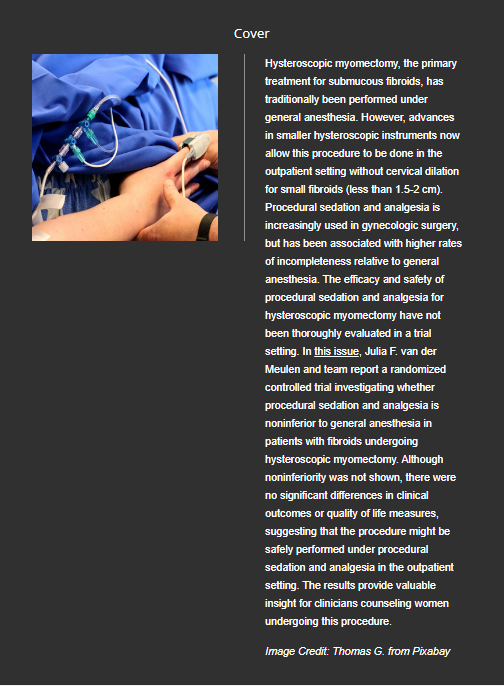数量的力量:利用全球数据揭示酒精与胰腺癌的联系。
IF 9.9
1区 医学
Q1 Medicine
引用次数: 0
摘要
胰腺癌的全球负担是巨大的,这突出表明需要确定可改变的风险因素。在一项多国研究中,Sabine Naudin及其同事证明了饮酒与患胰腺癌风险之间的明确联系。本文章由计算机程序翻译,如有差异,请以英文原文为准。
Power in numbers: Harnessing global data to unravel the alcohol-pancreatic cancer link.
The global burden of pancreatic cancer is substantial, highlighting the need to identify modifiable risk factors. In a multi-country study, Sabine Naudin and colleagues demonstrate a clear association between alcohol consumption and the risk of pancreatic cancer.
求助全文
通过发布文献求助,成功后即可免费获取论文全文。
去求助
来源期刊

PLoS Medicine
MEDICINE, GENERAL & INTERNAL-
CiteScore
17.60
自引率
0.60%
发文量
227
审稿时长
4-8 weeks
期刊介绍:
PLOS Medicine is a prominent platform for discussing and researching global health challenges. The journal covers a wide range of topics, including biomedical, environmental, social, and political factors affecting health. It prioritizes articles that contribute to clinical practice, health policy, or a better understanding of pathophysiology, ultimately aiming to improve health outcomes across different settings.
The journal is unwavering in its commitment to uphold the highest ethical standards in medical publishing. This includes actively managing and disclosing any conflicts of interest related to reporting, reviewing, and publishing. PLOS Medicine promotes transparency in the entire review and publication process. The journal also encourages data sharing and encourages the reuse of published work. Additionally, authors retain copyright for their work, and the publication is made accessible through Open Access with no restrictions on availability and dissemination.
PLOS Medicine takes measures to avoid conflicts of interest associated with advertising drugs and medical devices or engaging in the exclusive sale of reprints.
 求助内容:
求助内容: 应助结果提醒方式:
应助结果提醒方式:


